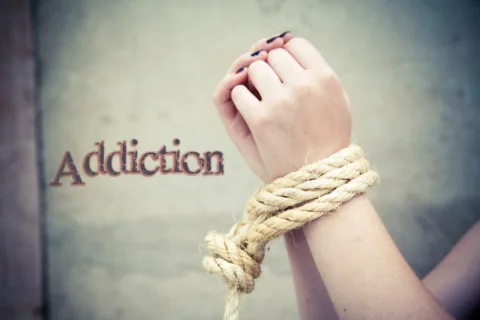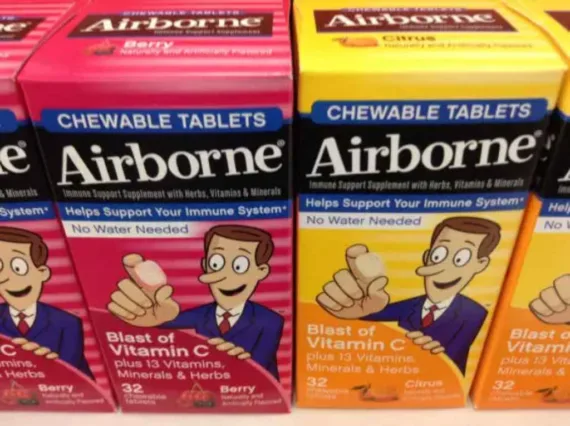Do you have a spouse or loved one that won’t admit that they’ve lost control of their drinking or drug use?
A family intervention may be the answer.
My name is Aimee and I’m a recovering alcoholic — therefore, I have a lot of experience with denial. So I’ll make this easy for you.
You should probably stage an intervention if your loved one is:
- Unwilling to recognize the seriousness of their substance abuse.
- Denying responsibility for related behaviors or consequences (i.e. DUI, jail).
- Unwilling to enter treatment on their own.
While there are many intervention models to consider, the Systemic Family Model Intervention continues to be one of the most effective.
Following are some key points to consider when determining if an addiction intervention is right for you…
Addiction Is A Disease
Keep in mind that your loved one doesn’t want to hurt you (or themselves) with their addiction. As much as it might appear this way — they don’t want to live in active addiction.
This was definitely true for me.
I didn’t want to be addicted to drugs or alcohol. But by the time I realized how bad my addiction had gotten, it was too late for me to just stop on my own.
We suffer from the disease of addiction, therefore we aren’t actively choosing this lifestyle. If you keep this in mind when staging the intervention, your results will likely be more positive.
What Exactly Is An Intervention?
To put it simply, an intervention is essentially a confrontation.
Family, friends, and sometimes trained interventionists confront the addict or alcoholic in order to persuade them to enter treatment — such as a rehab program.
Some interventions are handled formally and some informally, but each is intended to convince the sufferer that’s it’s time to get help.
These are some common intervention techniques:
- Direct Confrontation Model – Loved ones, friends, or employer directly confront the addict/alcoholic about his or her using.
- Indirect Confrontation Model – Family or friends seek outside help to deal with the user’s addiction.
- Forcible Intervention – Civil liberties of the user are denied, such as getting a doctor to sign for their admittance to a hospital.
The Systemic Family Model Intervention
Although family members may have addressed their loved one’s drug or alcohol problem before with little success, family is often the primary reason that addiction sufferers do seek treatment.
That alone should give plenty of motivation to stage an intervention.
What’s different about the Systemic Family Model of Intervention approach is that it:
- Is facilitated by a trained interventionist who’s skilled at conducting interventions.
- Emphasizes respect, dignity, and concern — rather than focusing on shame.
- Invites the addicted individual to the family meeting.
- Brings the family together in support of the addiction sufferer.
- Helps to keep the communication channels open and respectful.
In reality, family members may feel betrayed, angry, sad, and inclined to “attack” with their words — which is why having an interventionist is so helpful.
Professional interventionists are trained to:
- Keep discussions peaceful and healthy so that the end result is that the addiction sufferer doesn’t feel attacked.
- Understand that family is there to explain their pain and concern
- Encourage the addict to enter treatment at an addiction treatment center as soon as possible.
What Do I Need To Do During The Intervention?
Now that you’ve decided to stage an intervention, you might be wondering what, exactly, you can expect during the intervention.
While the outcome depends on many factors, here are some tactics you should definitely consider:
- Use motivation rather than confrontation.
- Invite the addict to a comfortable place in order to reduce the element of surprise.
- Focus on the needs of the entire family system.
- Focus on dignity and respect for the addict.
The family history, the user’s medical and psychological state, and a host of other factors will determine how you proceed further.
Regardless of whether the intervention is informal or formal, the addict should not to be degraded, criticized, or humiliated.
And here’s the good news: recovery is possible (but not easy) and I’m living proof of that!
More Resources About Addiction Intervention
In addition to the links I’ve included above, here are some additional resources to help you decide how to stage an intervention yourself and what to do afterwards:
- Here’s What Can Happen After An Intervention
- What To Do If The Intervention Fails
- Mistakes Families Make During The Intervention
- Intervention FAQs
- What You Need To Know About Intervention Specialists
- How Many People Should Be Involved In The Intervention?
- What Can Go Wrong At An Intervention & How To Handle It
I’m a health nut, a frugal mom, a dog lover, a DIYer, and a gadget girl. Personally, as a post-divorce, working single mom on a budget I have a lot of experiences that I enjoy sharing so others can learn from the things I wish I knew earlier! Professionally, I’ve worked full-time in a variety of marketing, sales, and editing jobs. You can always find me at the corner of Good News & Fun Times as Managing Editor at The Fun Times Guide (32 fun & helpful websites).







